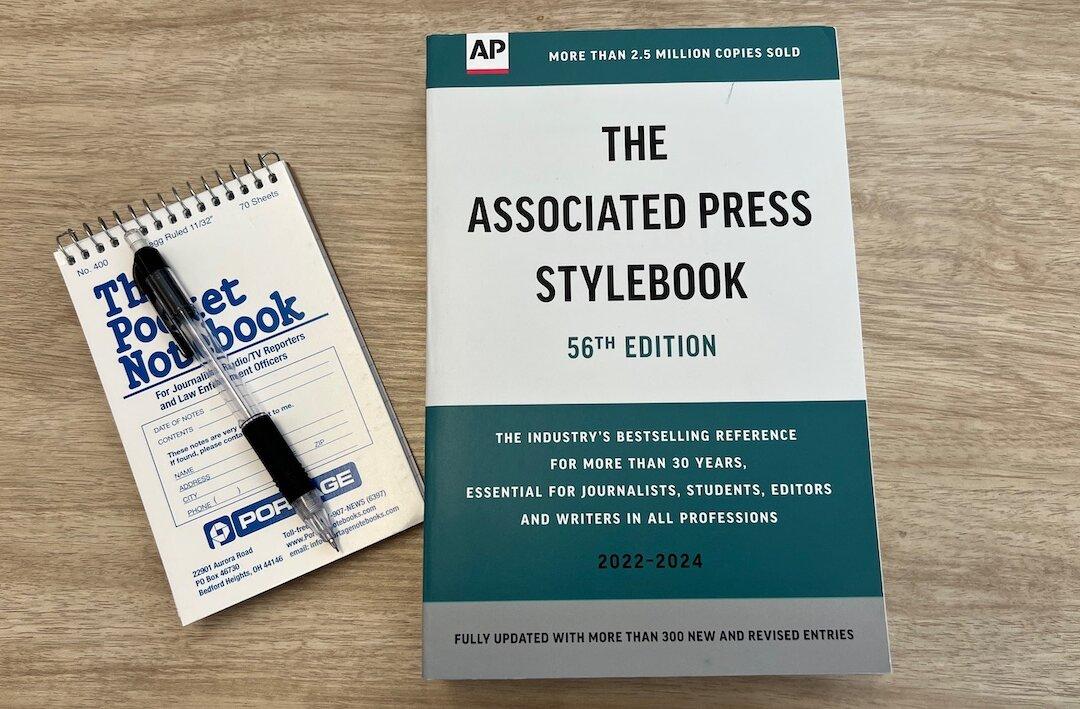One of the world’s most influential newspaper writing stylebooks on July 22 advised against quoting people who use the word “groomer” to describe those who teach children about transgenderism, homosexuality, and other mature sexual issues.
The guidance is part of a lengthy transgenderism update by the Associated Press to its voluminous stylebook. Similar to other sensitive issues, AP’s new transgender guidance aligns with the language used by the political left.




